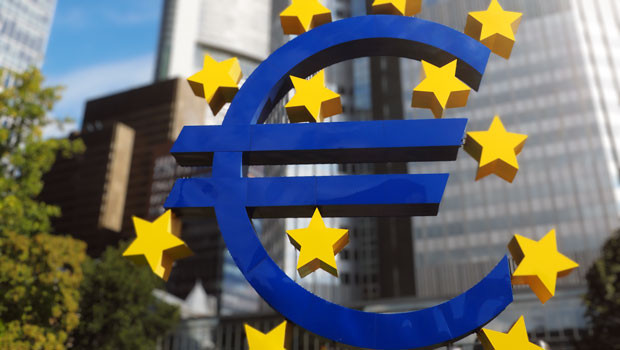Core eurozone inflation slows to 23-month low

Consumer prices in the eurozone rose by more than expected in February, according to data out on Friday from Eurostat, but core inflation continued its downward trend, falling to its lowest in nearly two years.
The year-on-year change in the harmonised index of consumer prices was 2.6% last month, down from 2.8% in January but above the 2.5% change expected by economists.
The disinflation process continued across most member countries, but inflation rates continue to vary significantly, from 4.8% in Croatia and 4.4% in Estonia to just 0.7% in Latvia and 1.1% in Lithuania.
Across the eurozone, the annual rate of energy price deflation was 3.7%, slowing after a 6.1% drop in prices in January, while food, alcohol and tobacco inflation slowed to 4% from 5.6%. Meanwhile, price rises in the services sector moderated to 3.9% from 4.0%, and in non-energy industrial goods to 1.6% from 2.0%.
Core inflation, which strips out more volatile items and food and energy, fell to 3.1%, its lowest rate since March 2022 but firmly above forecasts of 3.1%.
Commenting on the data, economist Paolo Grignani from Oxford Economics said: "With monthly inflation prints and global energy prices coming in below the ECB's expectations, the ECB will likely have to lower its inflation forecast further at the upcoming meeting."